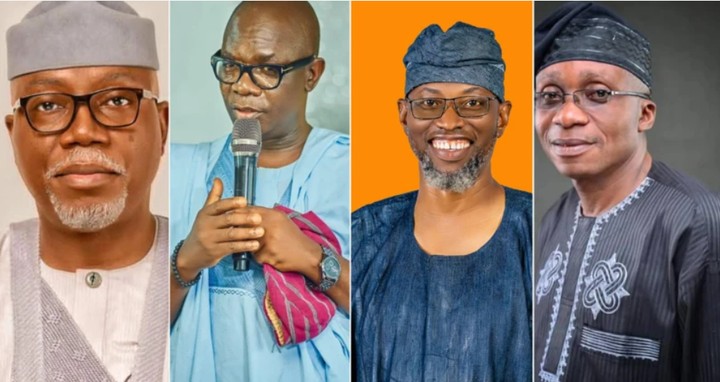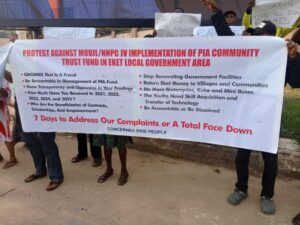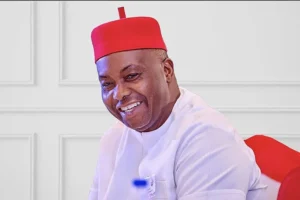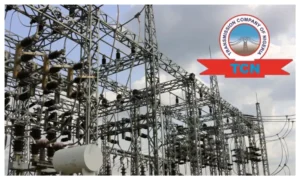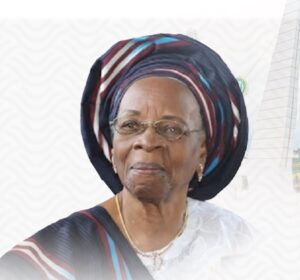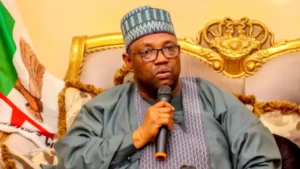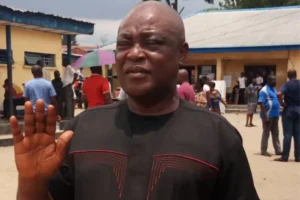All eyes are on Ondo State as it prepares for a significant governorship election. This election offers voters the chance for a new beginning, and many are watching to see if the Independent National Electoral Commission (INEC) and security agencies can ensure a transparent, fair, and peaceful process. For this to happen, INEC, the police, and other security teams need to work together to manage the election well and avoid any chaos.
In this election, 18 candidates are vying for the governor’s seat, with the current governor, Lucky Aiyedatiwa from the All Progressives Congress (APC), and Agboola Ajayi from the Peoples Democratic Party (PDP), seen as the primary contenders. Ondo, a state rich in natural resources like bitumen and oil, could see great development if led by a committed leader.
The memory of election violence in 1983, when manipulation of results led to unrest, serves as a reminder of the importance of credibility in this process. INEC has since introduced tools like the PVC and the BVAS for voter identification, alongside the iREV platform, which allows real-time viewing of results. However, past issues with these technologies mean INEC must work harder to deliver trustworthy results this time, especially in sensitive areas.
To enhance security, Inspector-General of Police Kayode Egbetokun deployed 22,239 officers, banning local security outfits like Amotekun to ensure only federal security forces are involved. Additionally, more security personnel from various agencies will monitor the election. However, some argue that Nigeria’s “militarized” elections—with restricted movement and heavy police presence—need reform to encourage voter participation and reduce intimidation.
Nigeria’s democratic appeal is waning, with many citizens feeling that elections primarily benefit politicians rather than the general public. Voter turnout has been low, with only 31.6% of registered voters casting ballots in the last Ondo governorship election. Issues like violence and the impact of COVID-19 have discouraged many from voting. Reviving voter participation in Ondo is crucial for a healthy democracy, as every vote counts.
Vote-buying remains another challenge. In previous elections, candidates openly offered money to voters, reducing the democratic process to mere transactions. This practice leaves politicians feeling unaccountable to the people since they “bought” their way into office. Ondo citizens report similar concerns leading up to this election, indicating the persistence of this issue.
Of the 2.05 million registered voters, about 1.75 million have collected their PVCs. It’s important for these voters to turn out, as their participation shapes the future of the state. Abraham Lincoln’s words, “Elections belong to the people,” remind us that every citizen has the power and responsibility to vote.
In the end, credible elections rely on politicians committed to serving the people, rather than securing public resources for personal gain. To achieve this, INEC and security agencies must actively prosecute anyone caught trying to compromise the election. Providing transparent and accurate results on platforms like iREV is key to building public trust and confidence in the process.
Let’s hope that Ondo’s election sets a new standard for fairness and integrity in Nigeria’s democracy.
